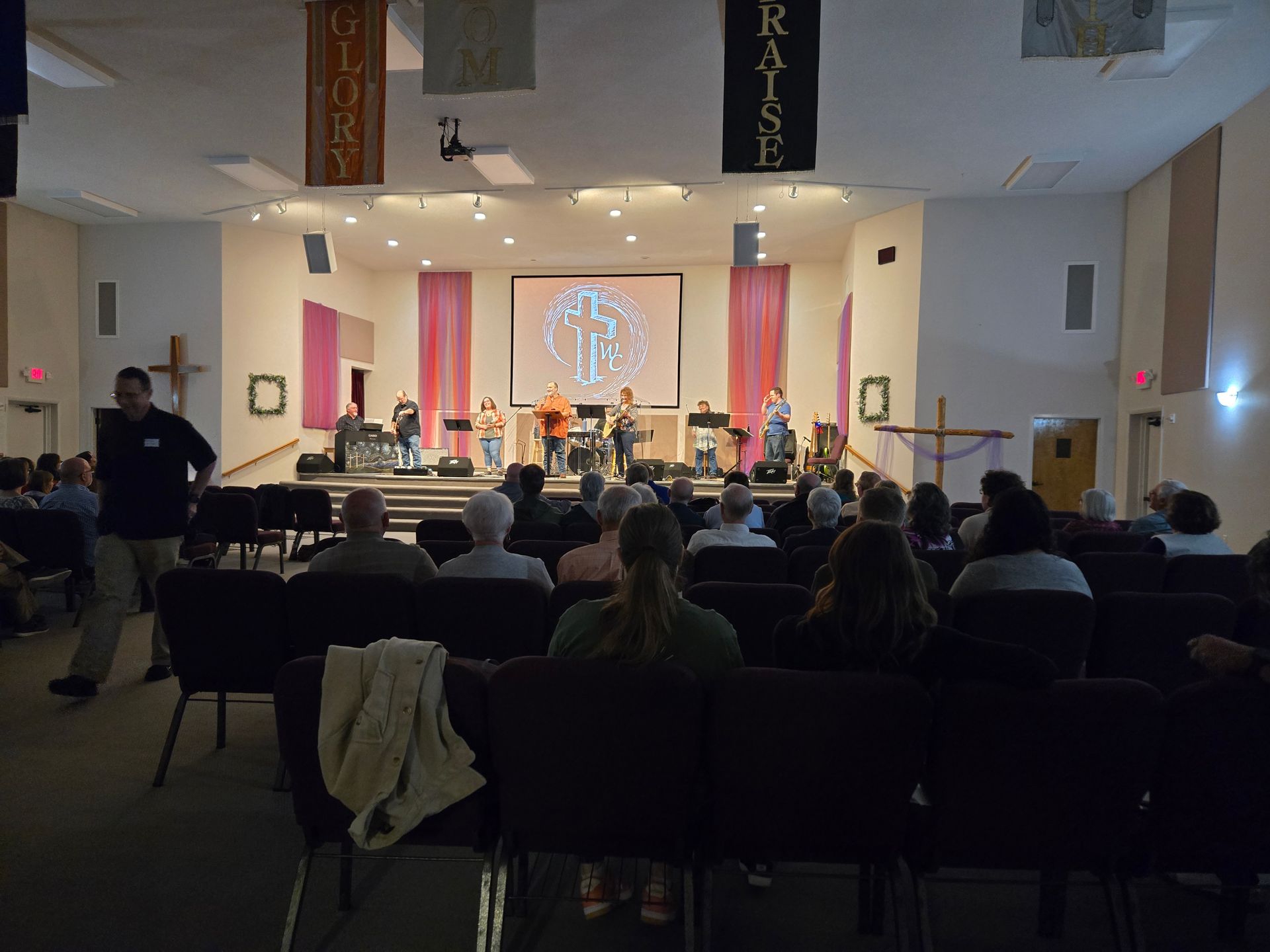Healthy Churches Have Healthy Pastors
It is nearly impossible to have a healthy church if your pastor isn’t healthy. I am not talking about physical health (although it certainly can be a factor), but about emotional and spiritual health. Healthy churches know that if the pastor is overwhelmed, burned out, chronically discouraged, spiritually drained, and severely stressed by financial or family needs, the church will not function well. How can we promote healthy pastors?
SABBATH.
This concept is not about Sunday worship; it is about a church allowing a pastor to get refreshed and stay active in ministry. Sabbath keeping for a pastor has many forms and styles. It includes making sure the pastor takes a full day off each week, takes their vacation time, has opportunities to get away to plan and vision on a regular basis, and has a chance to be with their families. It does NOT mean waiting until they are empty and exhausted and giving them a “sabbatical.” A sabbatical is an intentional time of reflection, refreshment, and energy, typically toward a particular goal. Sabbaticals are great practice for a church, but they can not replace the discipline of regular Sabbath keeping. Much damage has been done to pastors, and to the healthy concept of sabbatical, by seeing it as a solution to pastoral burnout or failure. The point is to practice healthy Sabbath habits regularly so that the burnout never occurs, and a time of sabbatical can be the restorative, creative time it should be.
PASTORAL CARE COMMITTEE.
Every church needs one! If you have no idea what they are or how they work, get a copy of the Manual of Pastoral and Congregational Procedures available on the denominational website. This manual explains how they work and lists available resources. Most pastors are not going to practice Sabbath on their own! They have been drilled in their training, and by the expectations of others to think of themselves last, even when it hurts the very people they are trying to serve. Most pastors need help with self-care; they need champions to fight for them, defend them, and explain that they are no less human than any other servant in the church. A Pastoral Care Committee is designed to do this, and when done properly, becomes an advocate for the pastor’s emotional and spiritual health, not a “complaint department” for the congregation.
CONTINUING EDUCATION.
Pastors also need to have opportunities to grow and learn, and continuing education should be a priority. At least once a year, the pastor should get to some training of some kind, even if it is online, and not at their expense. It is an investment the church is making that will yield significant returns in their pastor.
PASTORAL APPRECIATION.
Pastoral ministry is a unique calling. It asks for constant sacrifice, many hours, and is a very stressful and at times lonely calling. I have kept every card and thank you letter I have ever received over my 35 years of pastoral ministry. I review them from time to time as a reminder that my work is not in vain. Letting your pastor know you appreciate them means more than you can imagine!
Mobilize wants to help your church get healthier!
If you have a question about church health, growth, and vitality, let us know how we can help! If your church wants help getting healthier, or is interested in the Natural Church Development process we use to assess and promote church health, you can contact the national office at 419-289-1708










